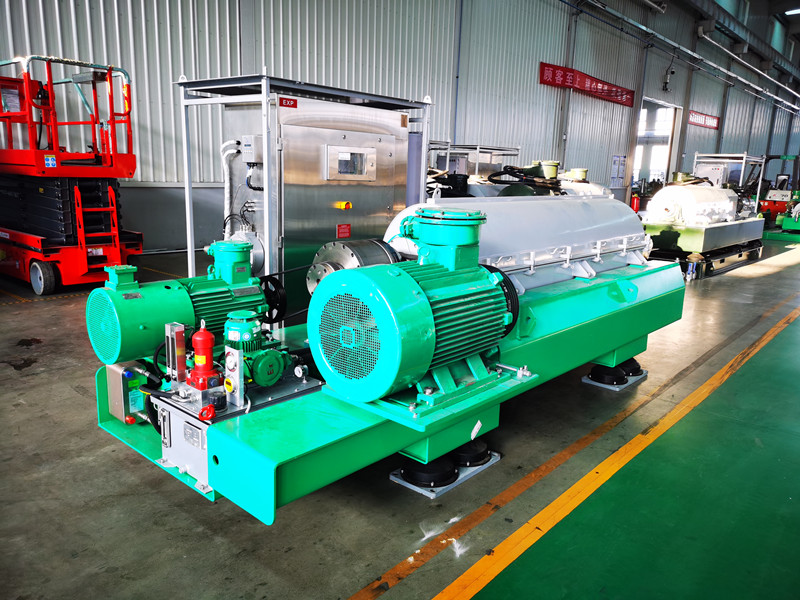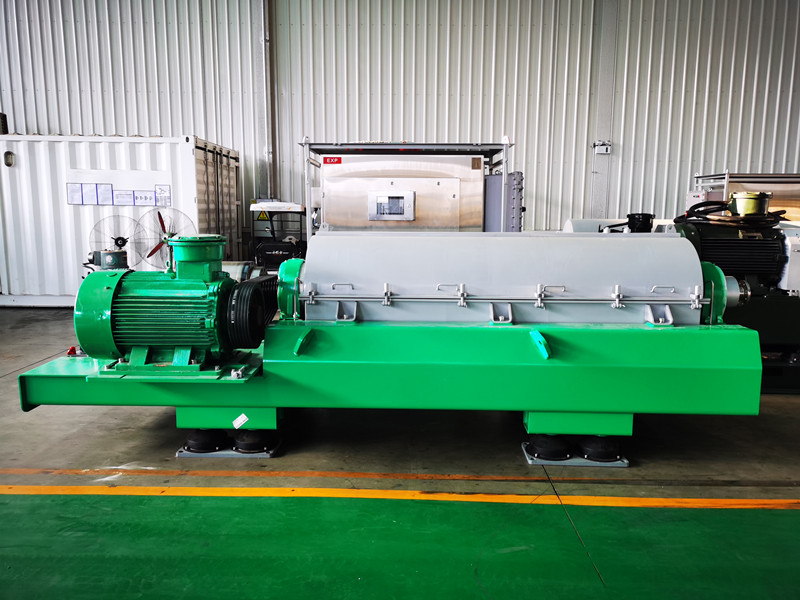The decanter centrifuge is not only a specific type of centrifuge but also a key product offered by GN Separation a manufacturer specializing in Decanter centrifuge technology. To help users better understand both the equipment and the manufacturer, the following addresses common concerns and practical questions related to purchasing and operating a decanter centrifuge.
- How Can You Measure the Moisture Content of Sludge Before, During, and After Decanter Centrifuge Treatment?
When using a decanter centrifuge for sludge treatment, determining the moisture content at various stages is essential for evaluating performance. This can be done using a sludge moisture content rapid tester, which provides accurate and fast readings of both moisture and solid content in the sludge. These devices are simple to operate and allow users to monitor and adjust process parameters effectively.
- Will a Product Manual Be Provided When Purchasing a Decanter Centrifuge?
Yes, manufacturers typically provide a comprehensive product manual with every decanter centrifuge. This includes detailed instructions for installation, operation, maintenance, and troubleshooting. In addition to the manual:
Operational guidelines and safety precautions for trial runs are shared.
Many manufacturers, including GN Separation, offer on-site technical support, including professional engineers to guide users through commissioning and routine operation to ensure proper usage and maximize efficiency.
- What Causes High Idle Current or Abnormal Noise During Operation?
Several issues may arise during operation, but they are generally easy to diagnose:
High Idle Current:
If the centrifuge draws excessive current during idle (no-load) operation, it is often due to residual material buildup or incomplete cleaning inside the drum or conveyor. This adds resistance and increases the load on the motor.
Abnormal Noise:
Strange or unexpected sounds during operation usually point to mechanical issues, such as:
Faulty differential
Improper installation of internal components
In such cases, a thorough inspection should be carried out to identify the source of the problem. Once located, corrective measures such as realignment, part replacement, or differential servicing should be implemented.
While decanter centrifuges are technically advanced machines, confusion during purchase or operation can be avoided by:
Consulting with the manufacturer for pre-sale guidance
Relying on the provided manuals and training
Performing regular maintenance and monitoring operational indicators
For best results, engage directly with experienced technicians to ensure proper model selection, installation, and use of your equipment.

